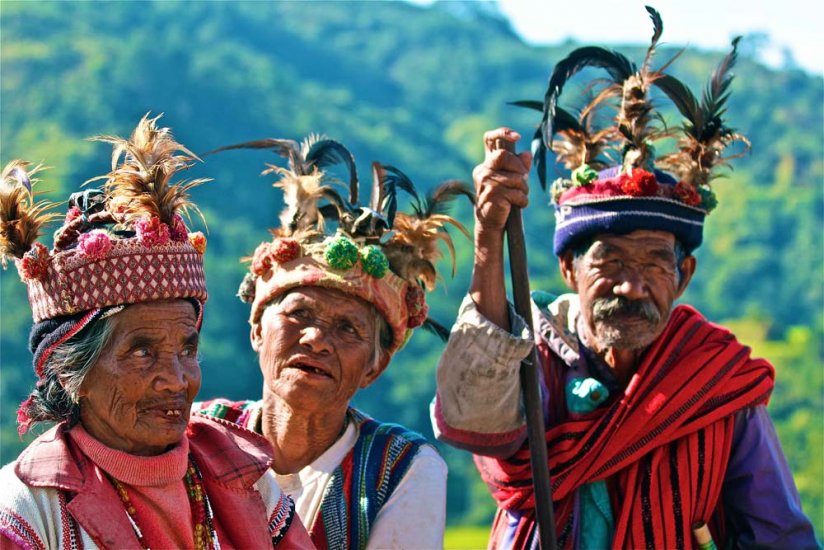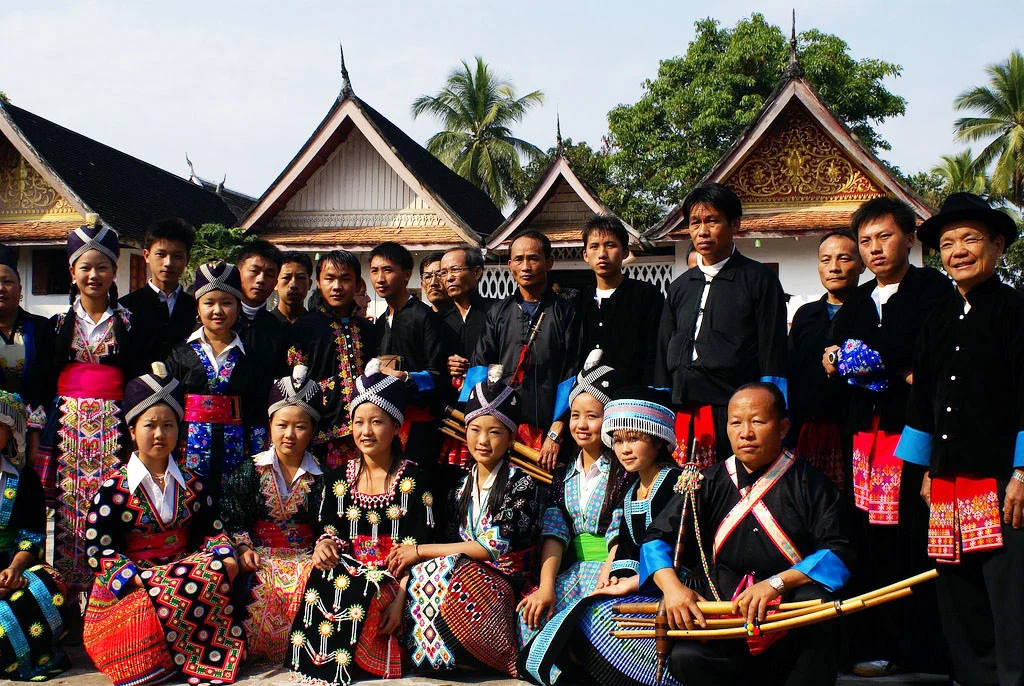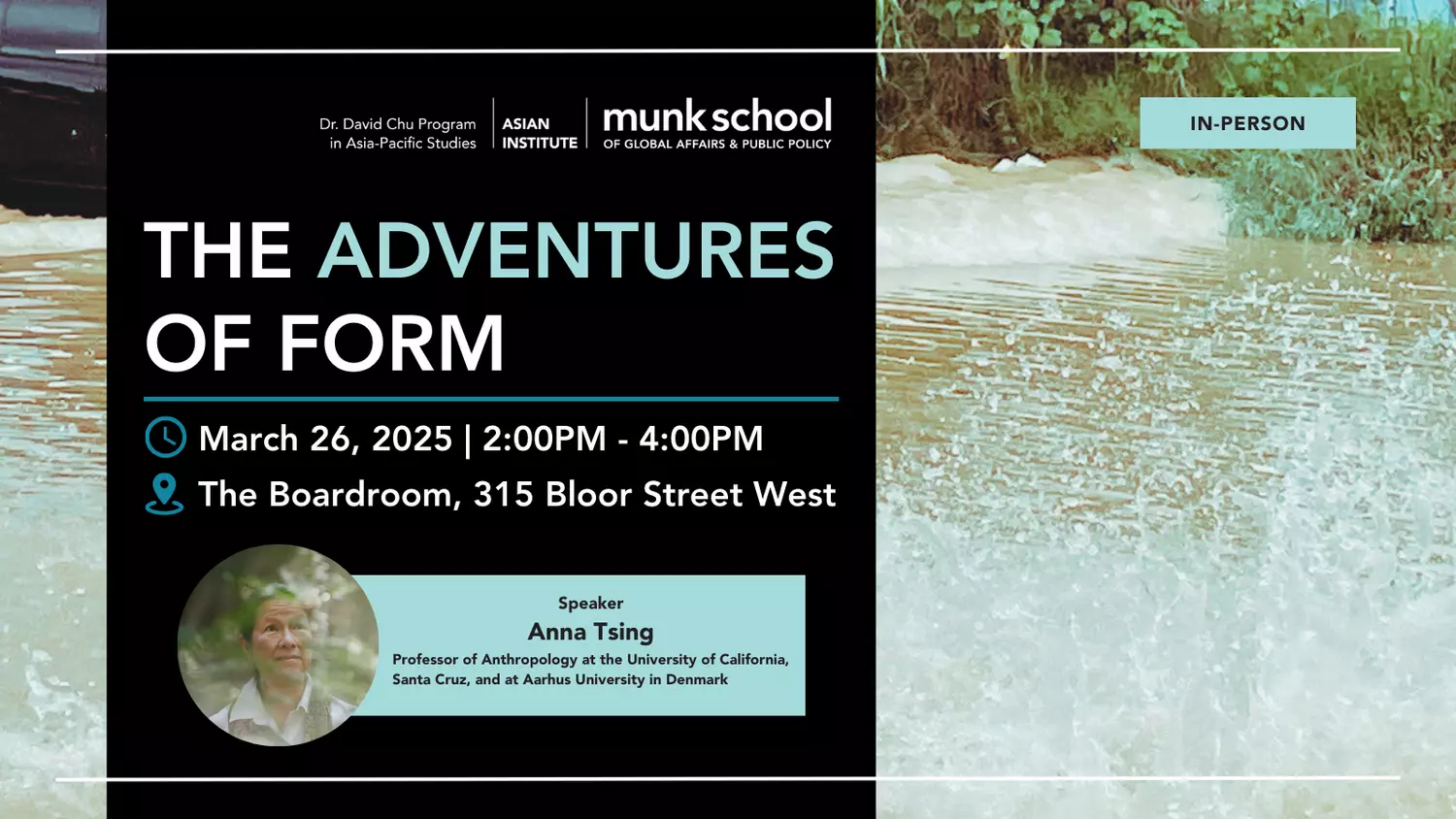On September 25, 2017 the Munk School of Global Affairs held a talk with visiting Professor Oona Paredes on “Cultural Contexts of Indigeneity in Southeast Asia”. Professor Paredes works the National University of Singapore and her work deal with the methodological issues regarding indigeneity. The discussion was chaired by Professor Takashi Fujitani, the Professor and Director, Dr. David Chu Program in Asia-Pacific Studies. The main sponsor of this event is Dr. David Chu Program in Asia-Pacific Studies alongside Centre for Southeast Asian Studies, Department of History and Asian Institute.
The indigenous peoples are considered to be too “unlike” the rest of society, and Professor Paredes’ research is on the methodology of the authority structures in the leadership of indigenous people today. There are a large variety of indigenous people in the Philippines with broad categories of indigenous peoples, with a purpose of creating a differentiation from the mainstream society of Filipino Primacy of ancestral land rights are what their claims are based on, yet there are issues of governmentality and with 1999 Rights Act for Indigenous, their experience with bureaucracies only became more convoluted. The indigenous people already have great struggle with agency and this continues to be a gap in their communication with the official government of the Philippines.
The indigenous communities authoritative structure has two types of “leaders,” called Datus. The first a cultural, which is someone who listens, speaks only to sum up or conclude and is rather unauthoritative compared to characteristics of people in the political realm today. There is also a governmental Datu. A Bae is referred to as the wife or significant other of the Datu in the community.
There was a moral rebellion in a section of the Philippines, as society view the indigenous people as unchanging. Through their political situation with the government with complex bureaucracies and stale policies, the indigenous people continue to be further marginalized through resistance of colonization caused by differentiation. Most indigenous people are to be found where they were prior, and made a legal requirement about what cultural tenants made the indigenous people community legitimate. This caused the groups to conform to stereotypes that would get the government’s attention which only further deviated them form their cultural and traditional values. The indigenous culture is immutable, or out to be moving forward. The lowlanders characterize their superiority and don’t want to be assimilated to become more like indigenous people, which creates a huge disconnect in their nation.
The bureaucratic problems stem further, with the indigenous people have physical issues in the cities, even when they can be taken seriously. The population and bustle of daily life in the urban population put physical restraints on those indigenous people who lived in the highlands when they came down, limiting their ability to take advantage of the social welfare, economic a government advantages offered. Therefore, the problem of governance and why the indigenous people created the positon of simptom. These are people whose responsibility is to bridge the gap and represent the indigenous people to the government. This person is not the cultural leader and is chosen based on qualities that the qualities of a diplomatic person or simply a volunteer. They are in charge of not only bargaining, their name is that listed under the possession of their territorial claim as a community. Through this process, it is suggested that is dealt with in layers of governance but instead it is dealt with regionally within the Philippines which causes jurisdiction confusion. The simptoms are often called “Patu Hagas” meaning “Datu as if,” which questions their legitimacy and character in the government apparatus. There is little to no cultural legitimacy and by conforming to these norms the indigenous people are straying further from their traditions and values.
Professor Paredes concluded by stating it was a difficult for the indigenous people to balance. It was a situation where the people had to either stray a little bit from their tradition and culture in order to keep their land claim through the legitimate government or, they could maintain their status quo in their community and lose their rights as indigenous people. These rights and their lands are something that indigenous people have been fighting for and will work hard to keep them
Julia E. Tops is a third year student at the University of Toronto studying International Relations and Contemporary Asian Studies. She is currently serving as an Event Reporter for Synergy.








